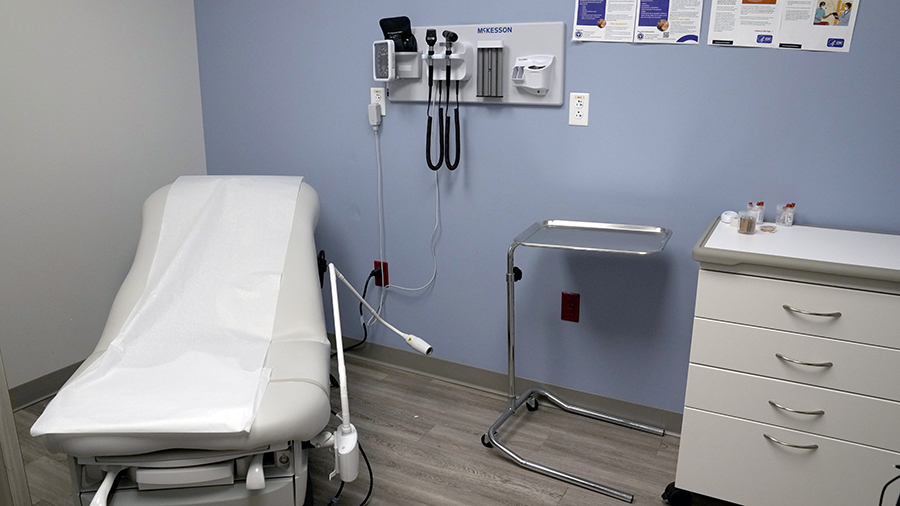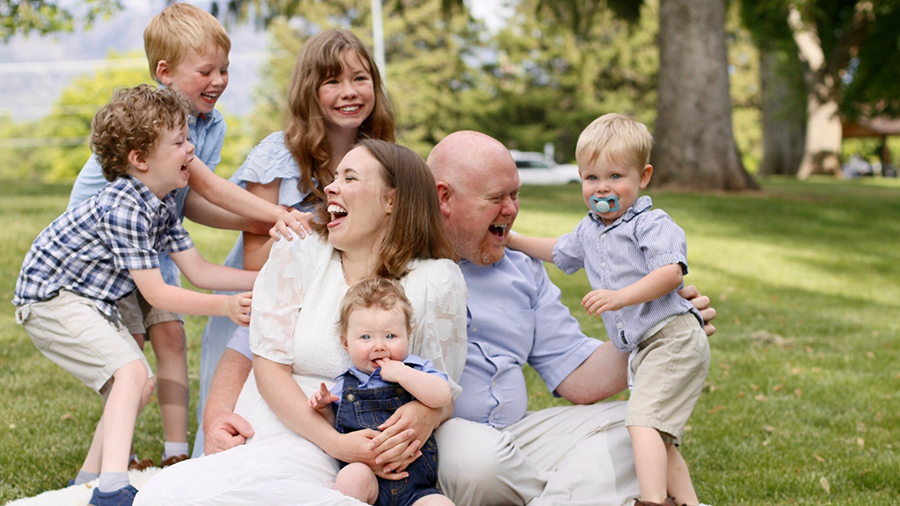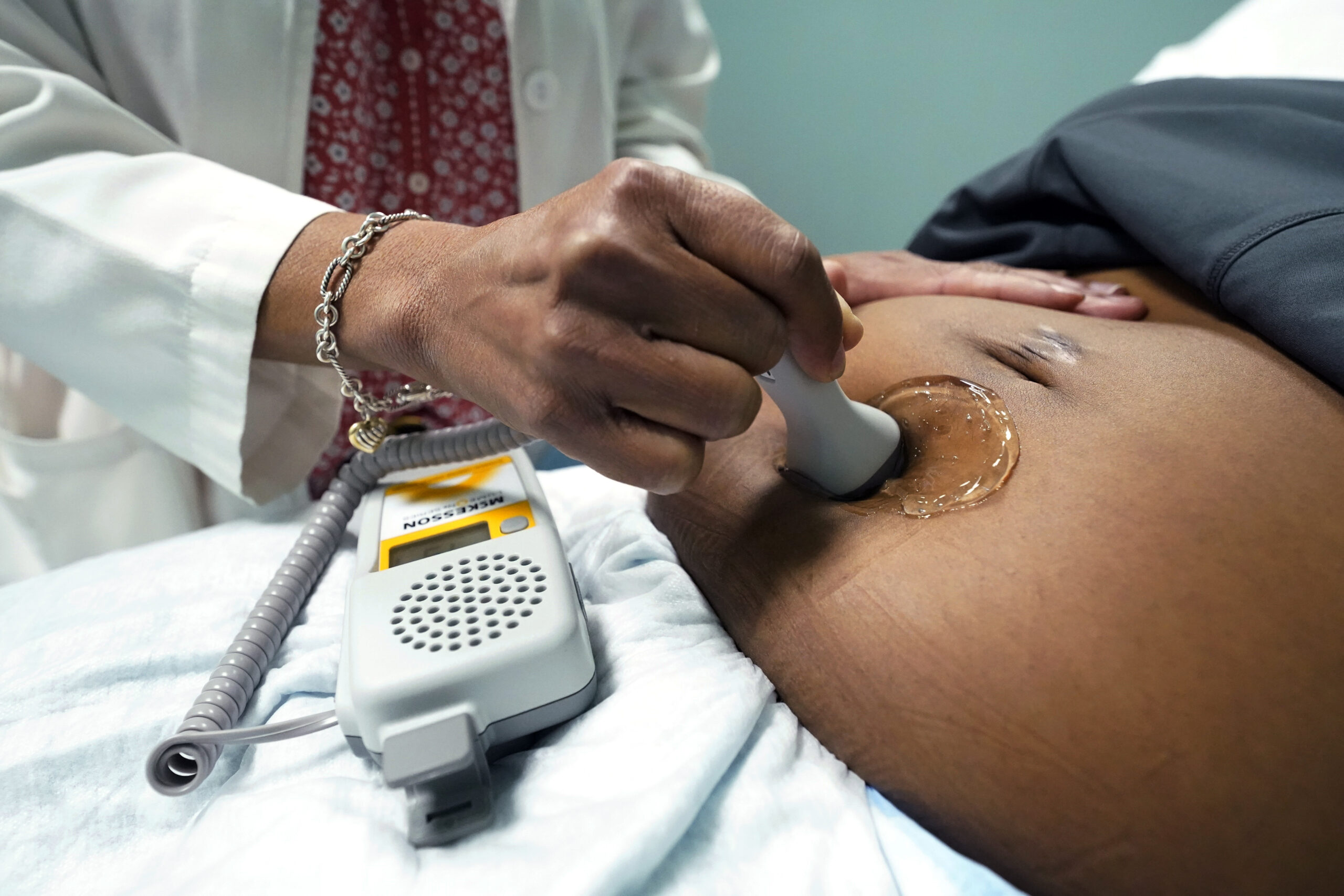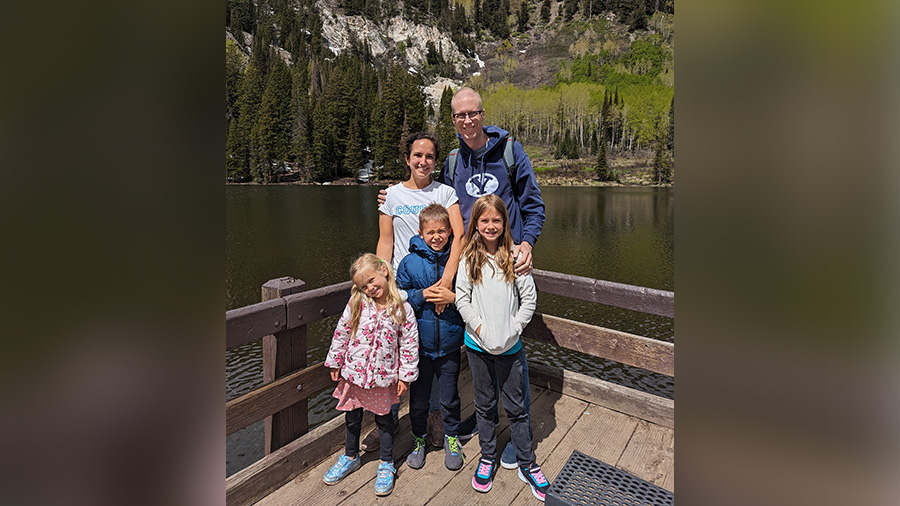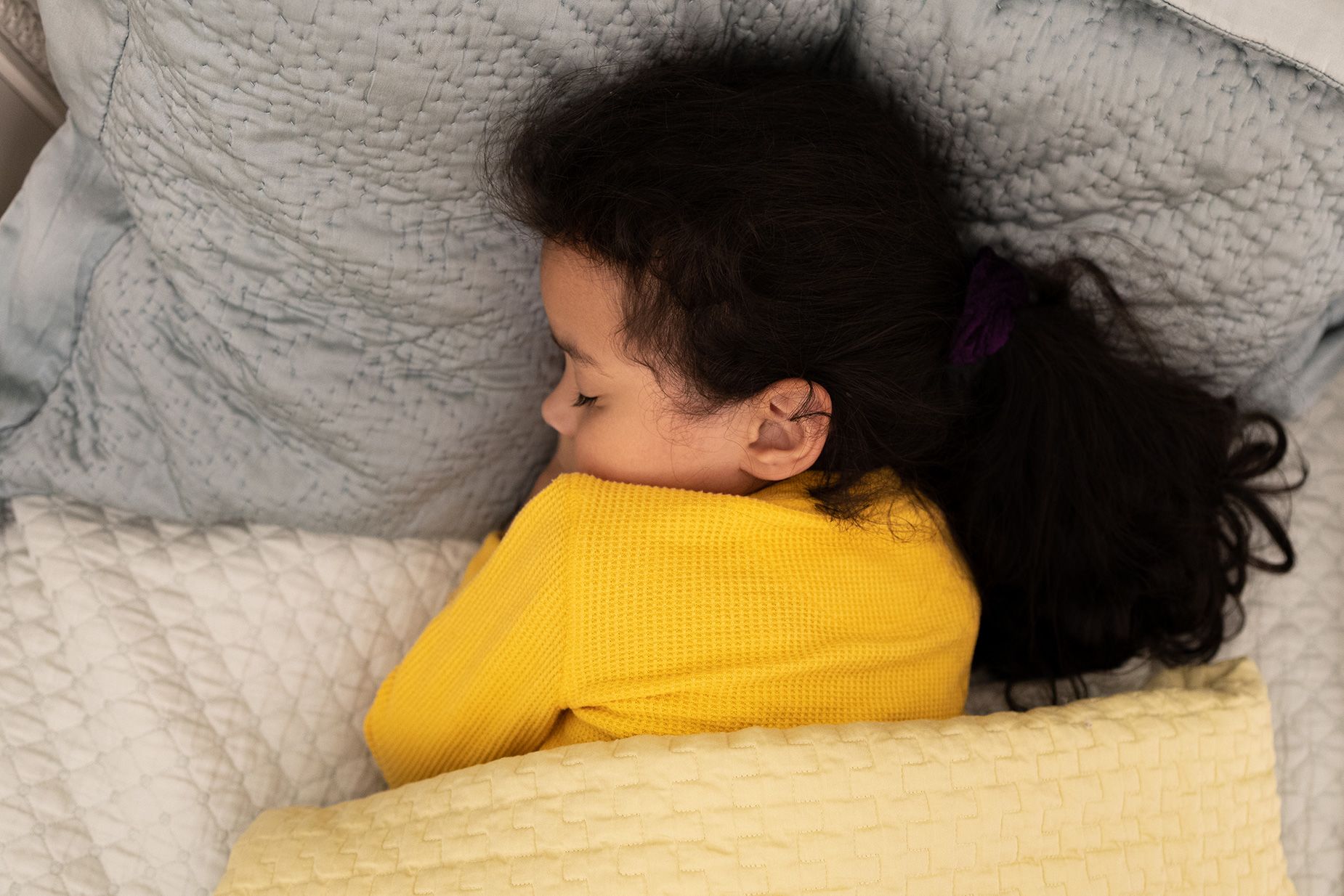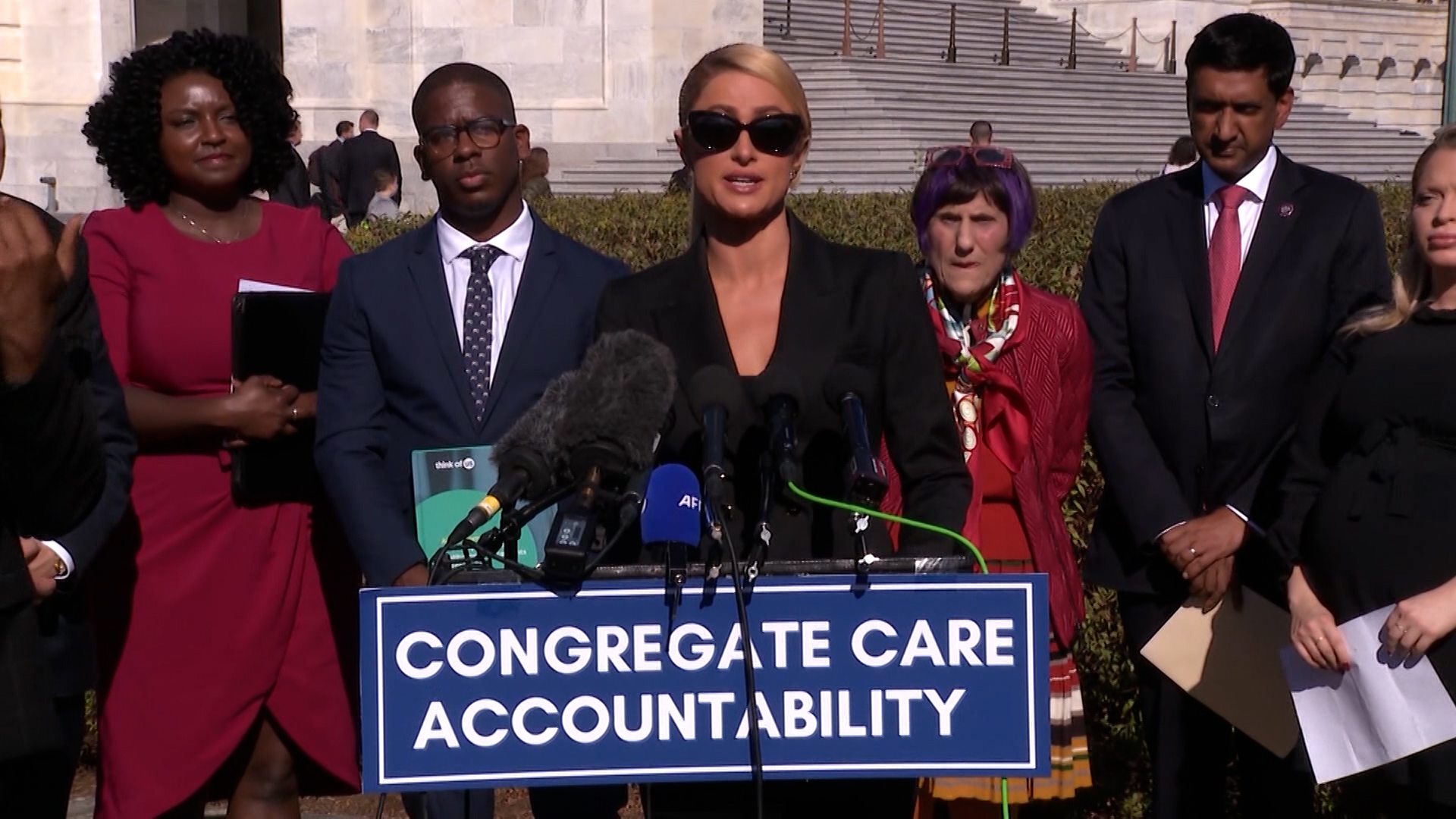Utah’s Suicide Rate Appears To Be Stable During Pandemic, But Calls To Crisis Line Have Increased
Sep 11, 2020, 9:00 PM | Updated: Sep 16, 2020, 11:33 am
If you or someone you know is experiencing suicidal thoughts or exhibiting warning signs, call Intermountain Healthcare’s Emotional Health Relief Hotline (1-833-442-2211) or the National Suicide Prevention Lifeline (1-800-273-TALK (8255))
SALT LAKE CITY, Utah – After unbearable heartbreak, Kim Naylor and her daughter, Mary Naylor, have become closer.
Her son, Jack, was, “A great younger brother to Mary, and a great son.”
He died from suicide in 2017.

Jack Naylor died from suicide in 2017. He was a popular high school athlete, and no one knew the depths of his despair.
“He was smart, and funny and good-looking, and had tons of friends,” said Naylor. “I didn’t understand how dark it could be for someone.”
Jack wasn’t alone in his struggle.
One in every six adults will experience depression in their lifetime, according to the Centers for Disease Control and Prevention. That number is much higher during COVID-19, as per a recent report by the CDC.
More than two in five adults nationally report at least one “adverse mental or behavioral health condition.” More than one in four young adults said they have seriously considered suicide in the last 30 days.
“People are hurting in a number of different ways,” said Michael Staley, suicide research coordinator with the Utah Office of the Medical Examiner.
Fortunately, we’re faring better in Utah.
“We came into the COVID-19 crisis with tremendous infrastructure,” Staley said.
According to a national report provided by the Utah Department of Health, one in four Utahns has symptoms of depression, but the suicide rate hasn’t increased.
“You can call a crisis line here 24 hours a day, seven days a week, and someone’s going to answer and it’s going to be a trained professional,” Staley said.
The number and severity of calls to the Utah Crisis Line have increased, as stated by UDOH. During May, there was a 1.6% increase in call volume compared to May 2019, with “more people presenting with more severe distress.”
Experts believe that shows more people are getting help.
Connection is the key to preventing suicide.
“If I have five – 10 extra minutes, it’s worth calling the people that I know and love to stay connected,” Staley said.
Naylor still makes Jack’s friends chocolate chip waffles, his favorite.
“They call me mom, which I love,” she said. “These boys have been with Jack since the second grade.”
She has become an advocate for suicide prevention.
“I want to honor Jack. I can no longer help Jack, but I can help others,” Naylor said. “The person you think that’s got it all together, reach out to them, too.”
She’s spreading awareness, and she’s finding solace after losing her son.
“I feel like that is my purpose. To help someone else not have to feel like I do every day, for the rest of my life,” Naylor said.
Asking someone if they’re feeling suicidal doesn’t increase their chances of self-harm; it can save their life.
If you or someone you know needs help, call the Utah Crisis Line at 1-800-273-8255, or the Emotional Health Relief Hotline 1-833-442-2211.
Suicide Prevention Resources
If you or someone you know is experiencing suicidal thoughts or exhibiting warning signs, call the Intermountain Healthcare’s Emotional Health Relief Hotline (1-833-442-2211) or the National Suicide Prevention Lifeline (1-800-273-TALK (8255))
Additional Crisis Hotlines
- Utah County Crisis Line: 801-226-4433
- Salt Lake County/UNI Crisis Line: 801-587-3000
- Wasatch Mental Health Crisis Line: 801-373-7393
- National Suicide Prevention Crisis Text Line: Text “HOME” to 741-741
- Trevor Project Hotline for LGBTQ teens: 1-866-488-7386
- University Of Utah Crisis Interventional Crisis Line: 801-587-300
Online resources
- NAMI Utah
- Utah Chapter-American Foundation for Suicide Prevention
- Suicide Prevention Lifeline
- Safe UT Crisis Text and Tip Line
In an emergency
- Call the police
- Go to the emergency room

